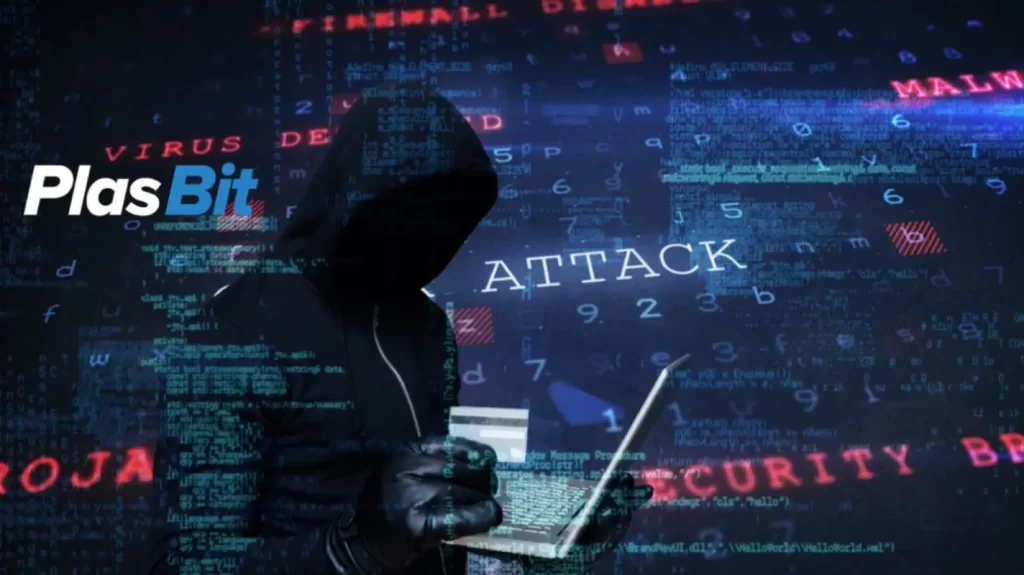Kraken Darknet and Its Influence on the Perception of Online Marketplaces
Kraken Darknet has emerged as a significant player in shaping how online marketplaces, particularly those operating in the darker corners of the internet, are perceived by the public, law enforcement, and cybersecurity experts alike. Unlike conventional e-commerce platforms, Kraken Darknet functions as part of the hidden web, accessible only through anonymizing tools such as Tor, enabling users to engage in transactions with a high degree of privacy and security. This anonymity has been both a blessing and a curse, fostering a marketplace where illicit goods and services can be traded with relative impunity, but also raising profound questions about trust, legality, and the future of digital commerce. The existence and operations of Kraken Darknet have thus heavily influenced the narrative surrounding online marketplaces by highlighting both the potential and pitfalls of anonymous digital trading environments. At its core, Kraken Darknet epitomizes the evolution of online marketplaces from traditional, regulated platforms to decentralized, cryptographically secured environments where identity and transactions are shielded from public scrutiny.

This shift has fundamentally altered the perception of online commerce, introducing an element of mystique and danger. For many, Kraken Darknet represents the dark side of the internet a digital bazaar where illegal drugs, counterfeit goods, stolen data, hacking services, and other prohibited items are traded. The platform’s notoriety has often been amplified by media coverage, which tends to focus on the sensational aspects of darknet markets, painting them as hubs of criminal activity. However, this portrayal, while partially accurate, overlooks the complex ecosystem that underpins these marketplaces, including sophisticated vendor reputations, dispute resolution systems, and encrypted payment mechanisms that mirror legitimate e-commerce in many ways. The influence of Kraken зеркало on perceptions extends beyond just criminal connotations. It has sparked broader discussions about privacy, surveillance, and the role of regulation in digital spaces. For privacy advocates and libertarians, Kraken Darknet and similar platforms are seen as a necessary response to the increasing intrusion of governments and corporations into personal data and financial transactions. The platform’s design, which protects users’ identities and enables pseudonymous commerce, challenges traditional notions of trust and authority in online marketplaces. Kraken Darknet has contributed to a reevaluation of how online marketplaces might operate in a future where privacy is paramount and centralized control is questioned.
Moreover, Kraken Darknet has influenced law enforcement strategies and public policy debates around cybersecurity and digital crime. The platform’s operation in a largely unregulated environment has made it a testing ground for novel law enforcement tactics such as blockchain tracing, undercover operations, and international cooperation across jurisdictions. This has highlighted the challenges authorities face in balancing privacy rights with the need to curb illegal activities online. As a result, Kraken Darknet has become a symbol of the ongoing cat-and-mouse game between cybercriminals and law enforcement, shaping public perceptions about the efficacy and ethics of policing digital marketplaces. In addition, Kraken Darknet has impacted how technology companies and financial institutions approach online transactions. The rise of cryptocurrency as the primary medium of exchange on darknet markets like Kraken has pushed mainstream financial actors to develop more sophisticated monitoring and compliance tools to detect illicit activities. Thus, Kraken Darknet has indirectly driven innovation and regulatory evolution in the broader online marketplace ecosystem.
